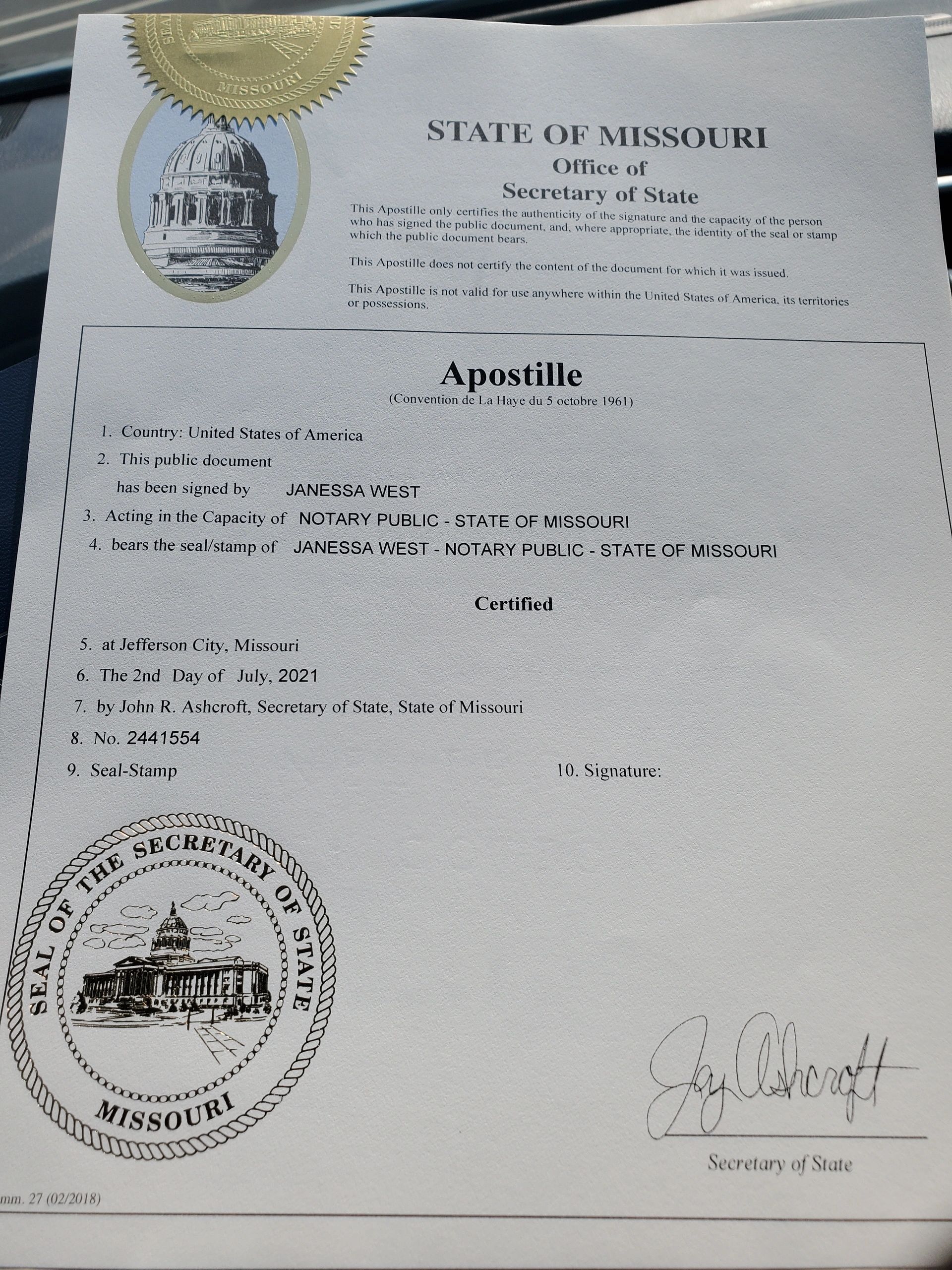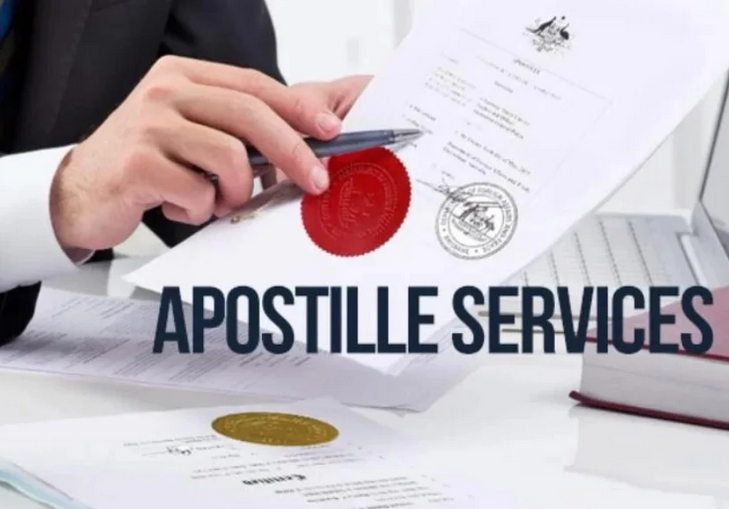Understanding the Apostille Process: A Comprehensive Overview to International Document Authentication
Browsing the elaborate landscape of worldwide paper verification can be intimidating without a clear understanding of the apostille procedure. What exactly defines an apostille, and why is it so vital for records predestined for Hague Convention countries?
What Is an Apostille?
An apostille is a main certification that verifies the authenticity of a record for usage in an additional country. This certification, issued by a designated authority in the nation where the paper came from, guarantees that the file is recognized as legitimate and legit in the worldwide arena. The procedure of getting an apostille includes several actions, including the verification of the record's trademarks, seals, and stamps by suitable governmental bodies.
The apostille serves as a worldwide acknowledged form of verification, enabled by the Hague Convention of 1961. This treaty, officially recognized as the Hague Convention Abolishing the Need of Legalisation for Foreign Public Papers, standardizes the procedure of paper certification amongst member nations. The apostille itself is a standardized certificate which contains certain information, such as the releasing authority, the country of beginning, and the date of issuance.
It is very important to note that not all records are eligible for an apostille. Typically, public records like copyright, marital relationship licenses, court orders, and educational diplomas certify for this certification. Exclusive files, such as agreements and agreements, might require notarization and added steps to certify.
Importance of Apostille
Comprehending what an apostille is establishes the stage for valuing its significance in worldwide ventures. houston tx apostille. An apostille, essentially a type of qualification provided by an assigned authority, validates the authenticity of a paper for usage in foreign nations that are notaries to the Hague Apostille Convention. This standardized procedure gets rid of the demand for further legalization by consular offices or consular offices, thereby enhancing global transactions
It makes sure the reputation and acceptance of essential records-- such as birth certifications, marital relationship licenses, and academic diplomas-- across borders. For companies, it helps with the smooth conduct of worldwide trade, mergers, and acquisitions by providing a relied on approach of paper confirmation.
Furthermore, an apostille enhances lawful safety and security and conformity. Federal governments and institutions can with confidence depend on the credibility of files birthing an apostille, alleviating the threat of fraud and misstatement.
Files That Call For Apostille
When participating in worldwide transactions or legal issues, specific files often require the verification provided by an apostille. This ensures their acknowledgment and approval in countries that are notaries to the Hague Apostille Convention. Generally, personal records such as copyright, marriage certificates, and fatality certifications require an apostille, especially when they are utilized for procedures like migration, marital relationship check these guys out abroad, or click to read international probate matters.
Educational papers are an additional group frequently requiring apostilles. Diplomas, transcripts, and academic records commonly require this authentication for objectives such as pursuing further education, employment, or expert licensing in a foreign country (houston tx apostille). This step ensures that the papers are identified as reputable and legitimate
Lawful records, consisting of powers of lawyer, testimonies, and court orders, additionally commonly necessitate apostilles. Business documents such as certificates of incorporation, laws, and business agreements might need an apostille to assist in worldwide trade, establish foreign branches, or take part in cross-border lawful process.
Actions to Acquire an Apostille

Getting an apostille entails a multi-step procedure that makes sure the credibility and acceptance of your files in foreign nations. The first action is determining which files need an apostille. houston tx apostille. Usual documents include copyright, marital relationship licenses, academic transcripts, and corporate records
As soon as recognized, the file must be licensed by the ideal providing authority. This might involve registration by a notary public or verification by a local or state authorities, depending upon the type of record. After accreditation, the file needs to be sent to the designated Competent Authority in the record's country of origin. In the USA, for example, this is generally the Assistant of State's workplace for each state.
The entry process generally requires a finished application form, the original record, and a fee. Some territories may use the option of expedited handling for an added fee. Upon effective verification, the Competent Authority will fasten the apostille certificate to the paper, thereby verifying its credibility.
Common Difficulties and Solutions
Browsing the apostille procedure can offer several common challenges that, if not properly resolved, may delay or complicate document verification. Each nation has certain requirements for the types of files that can be apostilled, and any kind of deviation from these can result in rejection.
Another common challenge is recognizing the diverse handling times. Handling times can vary dramatically in between nations and even between different regions within the very same nation. It is necessary to make up these variants when intending the apostille process to prevent unexpected delays.
Additionally, language obstacles can present considerable Full Article challenges. Documents in a foreign language usually call for licensed translations, and any type of inaccuracies in translation can lead to more issues. Involving a specialist translation solution can reduce this risk.

Verdict
Grasping the apostille procedure considerably boosts the effectiveness of global file verification. By comprehending the requirement of identifying and accrediting called for documents, and navigating the entry to the Competent Authority, the procedure becomes more workable.